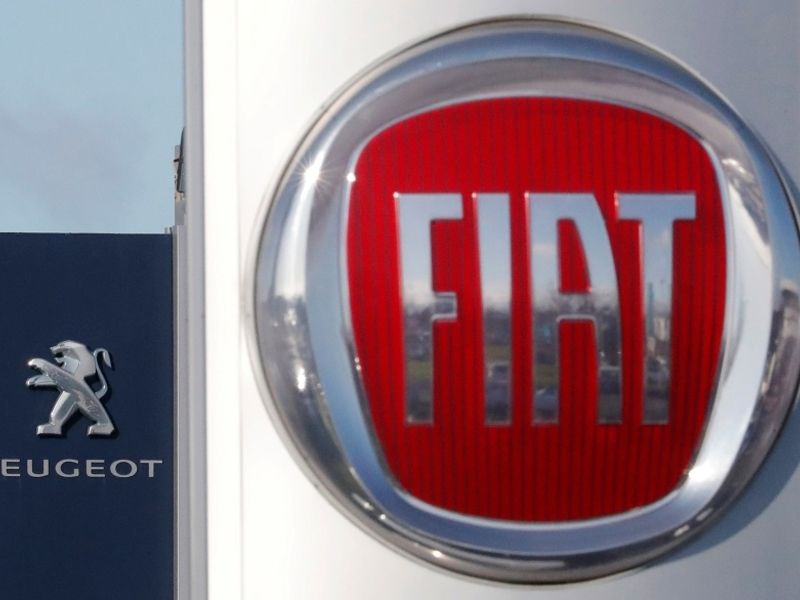
BRUSSELS — EU antitrust regulators are concerned about Fiat Chrysler Automobiles and PSA Group’s combined high market share in small vans and may require concessions to clear their $50 billion merger, people familiar with the matter said.
The companies, which are seeking to create the world’s fourth-biggest automaker, were told of the European Commission’s concerns last week.
If FCA and PSA fail to dispel the European Commission’s doubts in the next two days and subsequently decline to offer concessions by Wednesday, the deadline for doing so, the deal would face a four-month long investigation.
The EU competition enforcer, which has set a June 17 deadline for its preliminary review, declined to comment. FCA was not immediately available for comment while PSA had no immediate comment.
FCA and PSA produce vans through a 50-50 joint venture called Sevel, which is based in Atessa, Italy, and is Europe’s largest assembly plant for vans. It built 1,200 units a day before interruptions due to the coronavirus.
According to the European industry association ACEA the two automakers produced 755,000 light commercial vehicles last year, giving them a potential combined market share of around 34 percent, the market leader, followed by Renault and Ford with about a 16 percent market share each. Volkswagen had 12 percent of the market and Daimler 10 percent.
Hiving off overlapping businesses, usually a regulatory demand to ensure more competition, could prove tricky for the automakers because of the technicalities.
FCA and PSA are looking to merge to help offset slowing demand and shoulder the cost of making cleaner vehicles to meet tougher emissions regulations.
The deal puts under one roof the Italian automaker’s brands such as Fiat, Jeep, Dodge, Ram, Maserati and the French company’s Peugeot, Citroen, Opel and DS marques.